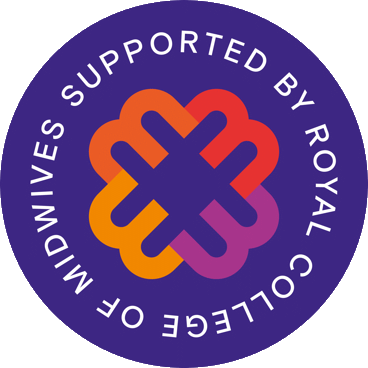Supplements
Although a balanced diet should provide all the nutrients you need, it’s recommended to take a supplement of folic acid (400 micrograms per day) for 12 weeks before you start trying for a baby, and for at least the first 12 weeks of pregnancy, to help minimise the risk of birth defects such as spina bifida.

Folic acid
Some women are advised to take a higher folic acid supplement of 5mg (milligrams) per day up until 12 weeks of pregnancy. For instance, if you or your partner have a family history of neural tube defects, if you have type 1 or type 2 diabetes, or if you take anti-epilepsy or anti-retroviral medicines. Your GP will be able to provide you with a prescription for the higher-dose version.
Vitamin D
As sunlight is the main source of vitamin D and there are few dietary sources, all adults and children over five years old, including pregnant and breastfeeding women, are advised to consider taking a 10 microgram vitamin D supplement daily during autumn and winter. Vitamin D helps support the growth of your baby’s bones, and trying for a baby is a good time to start thinking about topping up your vitamin D stores. For more information on vitamin D, visit the NHS website.
There are pre-pregnancy supplements available that some women choose to take to ensure they aren’t deficient in any vitamins or minerals. It’s not advisable to take non-pregnancy supplements while trying for a baby as these may not be appropriately formulated and can contain ingredients not recommended at this time, such as vitamin A (or retinol). Cod liver oil supplements should also be avoided, as these are a source of vitamin A, and too much vitamin A can be harmful to a developing baby.
If you’ve had bariatric/weight loss surgery, contact your bariatric healthcare team for personalised advice around supplementation.







